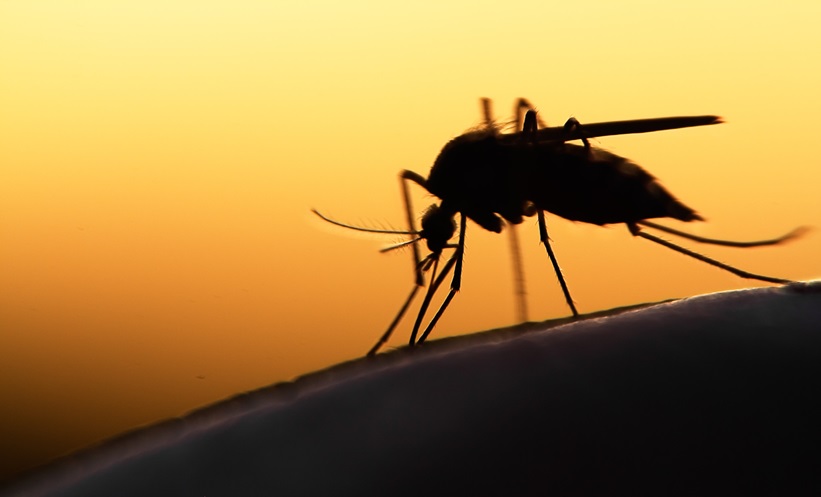A promising new study presented by Hangjie Fu has been recognised as one of the best EHA Young Abstract awardees for its significant findings on the hepatoprotective effects of ellagic acid (EA), a natural compound found in fruits and nuts. The research explores EA’s therapeutic potential against liver injury caused by iron overload, a major contributor to progressive hepatic damage in various liver disorders.
The study aimed to uncover how EA protects the liver, focusing on its ability to regulate ferroptosis, a form of programmed cell death linked to iron toxicity, and the TGFβ/Smad signalling pathway. Using an iron dextran-induced murine model and ferric ammonium citrate (FAC)-treated AML12 cells, the research team evaluated EA’s impact both in vivo and in vitro.
Findings revealed that EA significantly reduced hepatic injury and fibrosis in iron-overloaded mice. It improved iron metabolism, alleviated oxidative stress, and suppressed both lipid biosynthesis and ferroptosis. In vitro, EA effectively prevented FAC-induced ferroptosis in liver cells. Transcriptomic profiling and enrichment analyses pinpointed the TGFβ/Smad pathway as a key mechanism. Notably, the protective effects of EA were negated by exogenous TGFβ, confirming the pathway’s central role in mediating EA’s function.
This work not only positions EA as a novel modulator of the TGFβ/Smad axis but also highlights its potential as a therapeutic agent for iron-related liver diseases. Fu’s recognition at the EHA underscores the innovation and impact of this important research in the field of haematology and hepatology.
Helena Bradbury, EMJ
Reference
Fu Hangjie F et al. Abstract PS2204. EHA 2025; 12-15 June, Milan, Italy.








